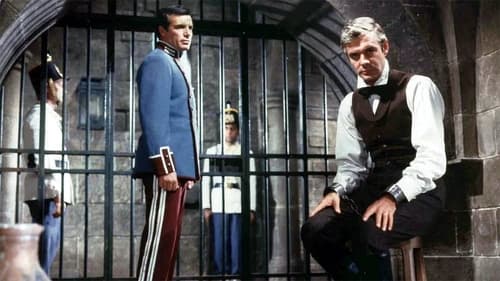
Camera Operator
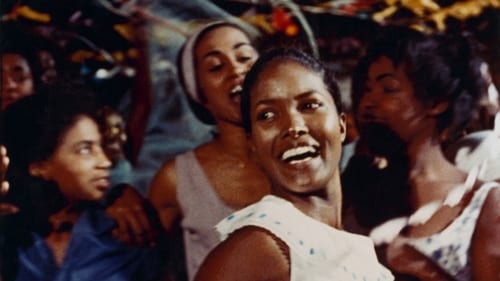
Camera Operator
A trágica história romântica entre a jovem Eurídice e o motorista e músico Orfeu. Os dois se conhecem durante o carnaval no Rio de Janeiro e se apaixonam, mas Orfeu tem uma noiva ciumenta. De acordo com a antiga lenda, o amor do casal é acompanhado de perto pela morte, e ele será capaz de descer aos infernos para salvar a sua grande paixão.
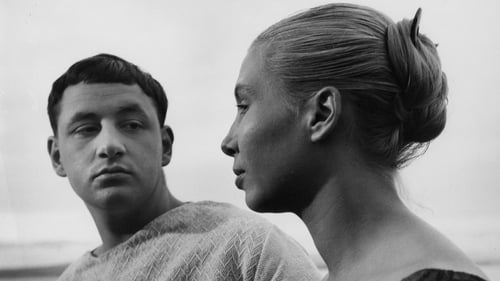
Director of Photography
Primeiro filme de Agnès Varda. Na cidade que nomeia o longa-metragem, duas narrativas se desenrolam em separado. A primeira, uma espécie de documentário sobre os habitantes da pequena aldeia. A segunda, uma ficção sobre um casal em crise, tendo como pano-de-fundo a volta do protagonista a este mesmo local, onde nasceu e passou sua infância. Dessa relação de forças entre a existência de personagens e o ambiente físico real pelos quais eles estão envoltos surge uma característica forte da obra, que ainda estava por se construir, de Varda: a poesia do espaço, nunca visto isoladamente, mas sempre em conjunto com os homens e mulheres que nele convivem.
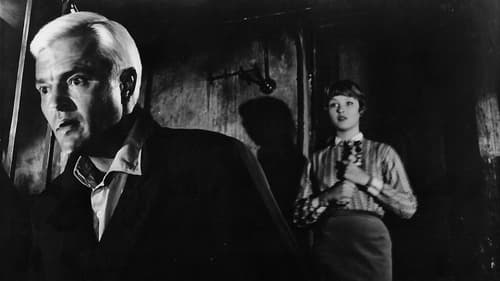
Camera Operator
A Parisian reporter tries to exonerate a fugitive neighbor of charges he murdered his wife.
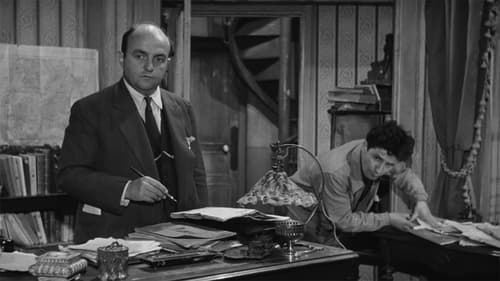
Camera Operator
The title of this French "reality" drama, which translates to Before the Deluge, is a play on Louis XVI's famous prognostication, "Apres moi, le deluge." Set in 1950, the film concentrates on five Parisian adolescents. Certain that the next war will herald the apocalypse, the youngster make plans to run off to a desert island and set up a new society. This, however, will require money, which is why the boys decide to pull off a "necessary" robbery. Idealism collapses in the face of cold reality, as the five youths suffer from the consequences of their actions. Avant le Deluge was one of a group of films cowritten by director Andre Cayatte and Charles Spaak which endeavored to explore the touchy social issues of the day: others in the Cayatte-Spaak canon include the euthanasia-themed Justice est Faite and the capital-punishment tract Nous sommes tous des assassins.

Camera Operator
Originally titled Nous Sommes Tout des Assassins, We Are All Murderers was directed by Andre Cayette, a former lawyer who detested France's execution system. Charles Spaak's screenplay makes no attempt to launder the four principal characters (Marcel Mouloudji, Raymond Pellegrin, Antoinine Balpetre, Julien Verdeir): never mind the motivations, these are all hardened murderers. Still, the film condemns the sadistic ritual through which these four men are brought to the guillotine. In France, the policy is to never tell the condemned man when the execution will occur--and then to show up without warning and drag the victim kicking and screaming to his doom, without any opportunity to make peace with himself or his Maker. By the end of this harrowing film, the audience feels as dehumanized as the four "protagonists." We Are All Murderers was roundly roasted by the French law enforcement establishment, but it won a special jury prize at the 1952 Cannes Film Festival.




